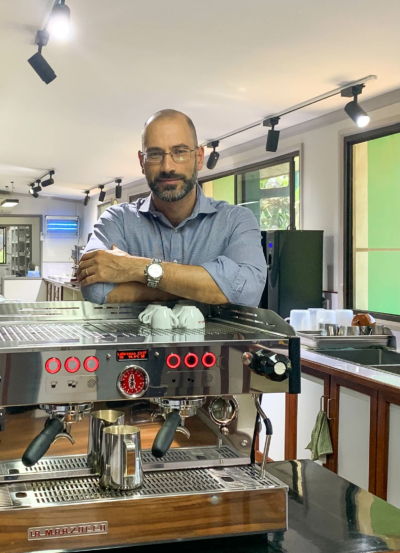From The Highlands of Papua New Guinea
Coffee in Papua New Guinea
Coffee is the major cash crop in the Highland provinces of Papua New Guinea
It is generally accepted that coffee was first introduced into the Pacific area in the late 18th Century by Dutch Sailors. However, the first known extensive planting in PNG was established in Sogeri in 1898. By 1908 up to 70 Ha had been planted and export revenue totalled US$915.00. Lutheran Missionaries were considered the first to introduce coffee seedlings into the Highlands of New Guinea in the pre war years.
The first plantations were established in Goroka just after the war by an Australian explorer James Leahy. We must also mention that the Highlands of New Guinea were only discovered by Europeans in the 1930’s.
The Australian administration encouraged the villages and smallholders to adopt coffee as a cash crop during the 1950’s and 1960’s.
Today coffee is the major cash crop in the Highland provinces of Papua New Guinea. It is uncertain how many coffee growers there are in PNG, but it is safe to state that the majority of the population of the Highlands in one way or another generates some income through the coffee industry. Although in recent history Papua New Guinea exported around 1 million bags of green bean, due to a deteriorating infrastructure an average year sees around 800,000 bags of green bean exported. Well over 90% of that volume is fully washed coffee from various Arabica varieties (predominantly Typica and Arusha), produced and sun-dried by smallholder coffee growers. With very few exceptions smallholder coffee is grown under shade. PNG is naturally blessed with very fertile soils, thereby further reducing the dependence on fertilisers or other physical inputs. Yet with little rejuvenation happening, the average age of coffee trees is quite old and the yield per hectare is low.
A typical small coffee grower in the Highlands has an average of less than 2,500 trees, i.e. less than 1 hectare of planted coffee. PNG can boast that these farmers on average receive more than 70% of the FOB price for their coffee.
We take the time to understand the needs of our clients.
Our experienced team sources the coffee you need and is committed to professional and efficient service.
We are certified
Sustainability and Traceability
Our operation is HACCP certified and a selection of our supply chains and our mills are Organic Certified (EU, USDA NOP, COR equivalent). We work together with several high-end specialty suppliers to create some amazing small lots that come with equally amazing and unique stories.


